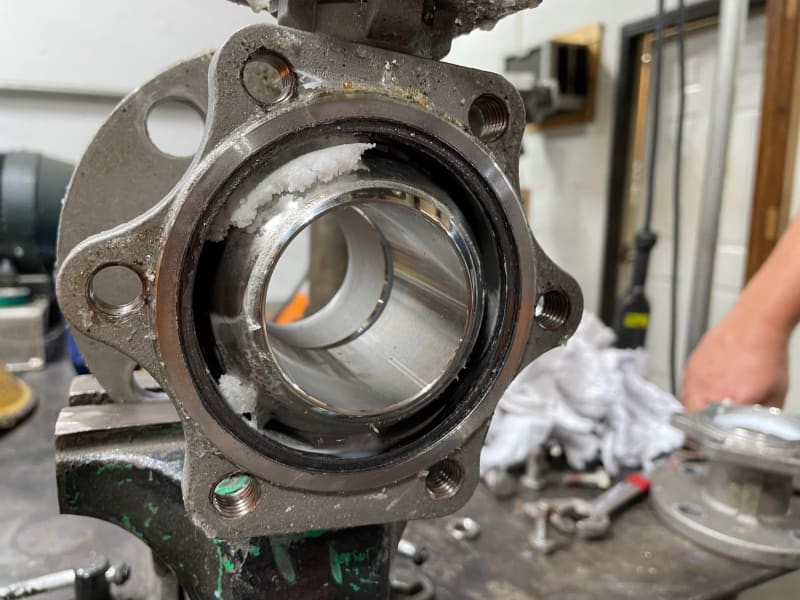All,
We have manual ball valves in monomer service - styrene, acrylonitrile, arylic monomers, etc, that sometimes have severely short service life. After 6 months of operation in a blended monomer service (emulsion polymerization plant, so these monomers are blended with water, surfactants, etc), these valves become inoperable. The valves have a 15% RPTFE seat material, and the stem packing is PTFE. I need to have our maintenance team pull these apart to figure out which is the issue, but I know that pure PTFE (and maybe RPTFE?) has voids. These voids allow monomer ingress, which then polymerizes over time, swelling the material.
Does anyone have good experience with stem/seat materials in monomer service? Of the pure monomers, styrene seems to have issues the most.
We have manual ball valves in monomer service - styrene, acrylonitrile, arylic monomers, etc, that sometimes have severely short service life. After 6 months of operation in a blended monomer service (emulsion polymerization plant, so these monomers are blended with water, surfactants, etc), these valves become inoperable. The valves have a 15% RPTFE seat material, and the stem packing is PTFE. I need to have our maintenance team pull these apart to figure out which is the issue, but I know that pure PTFE (and maybe RPTFE?) has voids. These voids allow monomer ingress, which then polymerizes over time, swelling the material.
Does anyone have good experience with stem/seat materials in monomer service? Of the pure monomers, styrene seems to have issues the most.



